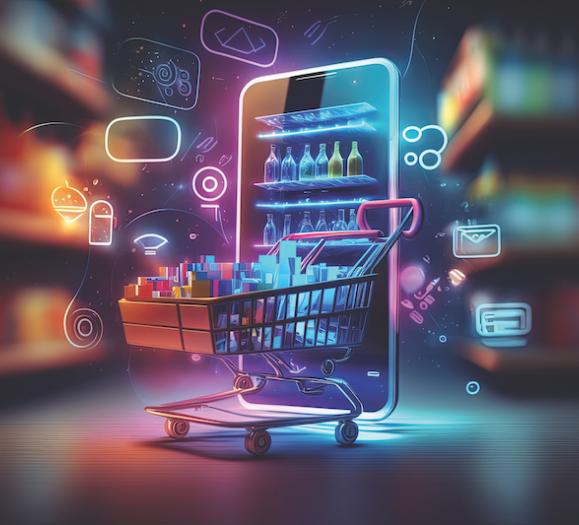Whether a brick-and-mortar store or an e-commerce site, retailers everywhere are competing with the Amazon Effect. This all-encompassing phrase acknowledges how the online retail giant has disrupted the retail industry with competitive pricing and convenience. Amazon Prime has spoiled shoppers with the promise of free two-day shipping, and what was once considered a luxury is now a requirement and an expectation for many, according to recent consumer research.
In a 2018 study from global consulting firm AlixPartners, 29 percent of shoppers planned to purchase home furnishings for delivery in the next year and 26 percent planned to purchase furniture. This is up from 25 percent and 20 percent, respectively, in 2017, indicating a growing trend.
But as this interest in home furnishings and furniture deliveries continues to rise, so do consumer expectations. According to the research, 96 percent of shoppers say the choice of free shipping impacts their ordering decisions. Shoppers are increasingly abandoning online shopping carts for shipping-related reasons. Fifty-three percent of consumers surveyed by same-day delivery service provider Dropoff abandoned an online purchase because of slow delivery.
Many online retailers are opting to work with third-party logistics companies to satisfy consumers whose needs are evolving. Traditional carriers, such as the U.S. Postal Service, UPS and FedEx often are not an option for home furnishings retailers, whose goods are generally too large. Dropoff noted that 43 percent of consumers — and 50 percent of Millennials — expected “much faster” shipping times from retailers in 2018. And not everyone expects it to be free. Forty-three percent of consumers and 54 percent of Millennials have paid extra for faster delivery.
So what does the consumer of the future want from their shipping experience? Based on years of data from U.S. and international surveys, AlixPartners predicts the customer of the future will increasingly head to the web for larger items like furniture and appliances and will expect so-called “white glove” delivery — value-added services that traditional shipping carriers do not provide, such as furniture assembly or product installation.
Waves of Change
AlixPartners developed a maturity model that separates e-commerce and home delivery trends into three waves based on years of consumer research.
Wave 1: 1990s – late 2000s
- Small, low-value items (books, media and small appliances and electronics)
- Concerned about transaction security and shipment reliability
- Seeking variety in purchase options
Wave 2: Late 2000s - present
- Everyday items (groceries, cosmetics, cleaning supplies)
- Concerned about speed of delivery
- Seeking low-cost items and fast, inexpensive shipping
Wave 3: The future
- Large, high-value, bulky items (furniture, appliances)
- Concerned about delivery convenience
- Seeking value-added services (assembly, setup and maintenance)







